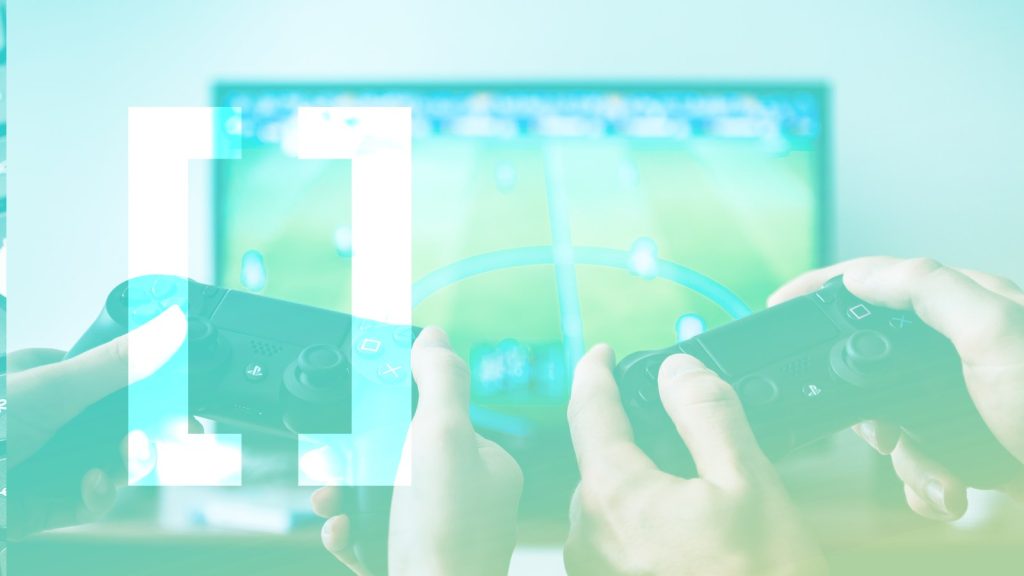Alan Gómez. Pedagogue, and member of the DepartmentaTalent Development at IMMUNE Technology Institute
In the context of the Qatar World Cup Finalwe thought of reflecting on football as a sport. But before being a sport (with all its inherent values), it is a game. And the beauty of the game is that it brings with it a value that is undeniable for those who play: fun. No fun, no play.
Now, what if we extrapolate this same reflection to our school? Is it possible to imagine a school that is school as long as it is fun? What if we learn by playing?
What is gamification?
Gamification is a technique which consists of transferring the game mechanics to the teaching-learning processes. Although thinking about games as an educational resource is not new (authors such as Piaget (1956) and Vigotsky (1976) mention it in their works), gamification, as a concept, has been gaining momentum in the educational environment in recent years.
On the one hand, thanks to the advances in neuroscience The importance of motivation as a key factor in education has been highlighted by the driver of learning.
On the other hand, the COVID-19 pandemic and the enforced immersion of technology in the world of educationforced institutions to review their teaching strategies. Innovation and creativity became the tools par excellence to deal with the constant demotivation with which students were going through their virtual schooling.
Gamification is more than a game
The gamificationThe task then is to motivate the learner. But not motivate as one who encourages someone to do something (extrinsic motivation), but rather motivate through involvement in the learning process (intrinsic motivation).
A motivated learner is a learner who is cognitively, emotionally and behaviourally engaged in his or her learning.
This, consequently, results in a more active, autonomous and participative learner, who puts his or her skills and competences into play in order to solve the challenges he or she faces along the way.
IMMUNE Technology Institute and gamification
Gamification graph
At IMMUNE Technology Institute we are keen to provide our students with the richest experience possible in relation to their professional development. It is no coincidence that one of our three pillars, our famous three "EEA" (Employability, Experience and Entertainment), responds precisely to the issue at hand.
Therefore, in our Software Development Engineering programme, students face daily challenges and challenges, with different levels of complexity. Through these, they gain points in various areas (technical and non-technical) that are essential for the professional path of a software developer (Gamification graph).
This resource allows us, among other things, to
- Breaking the taboo on error and taking it as part of the learning process.
- Promoting competitive and cooperative activities, which translates into more participatory classrooms.
- To have visibility of the development of competences and skills of each pupil, as the points obtained function as a rubric, awarding feedback The immediate process that each one of them is carrying out.
- And, in relation to the first question that we asked ourselves and shared in this article, that our students enjoy and have fun learning.
